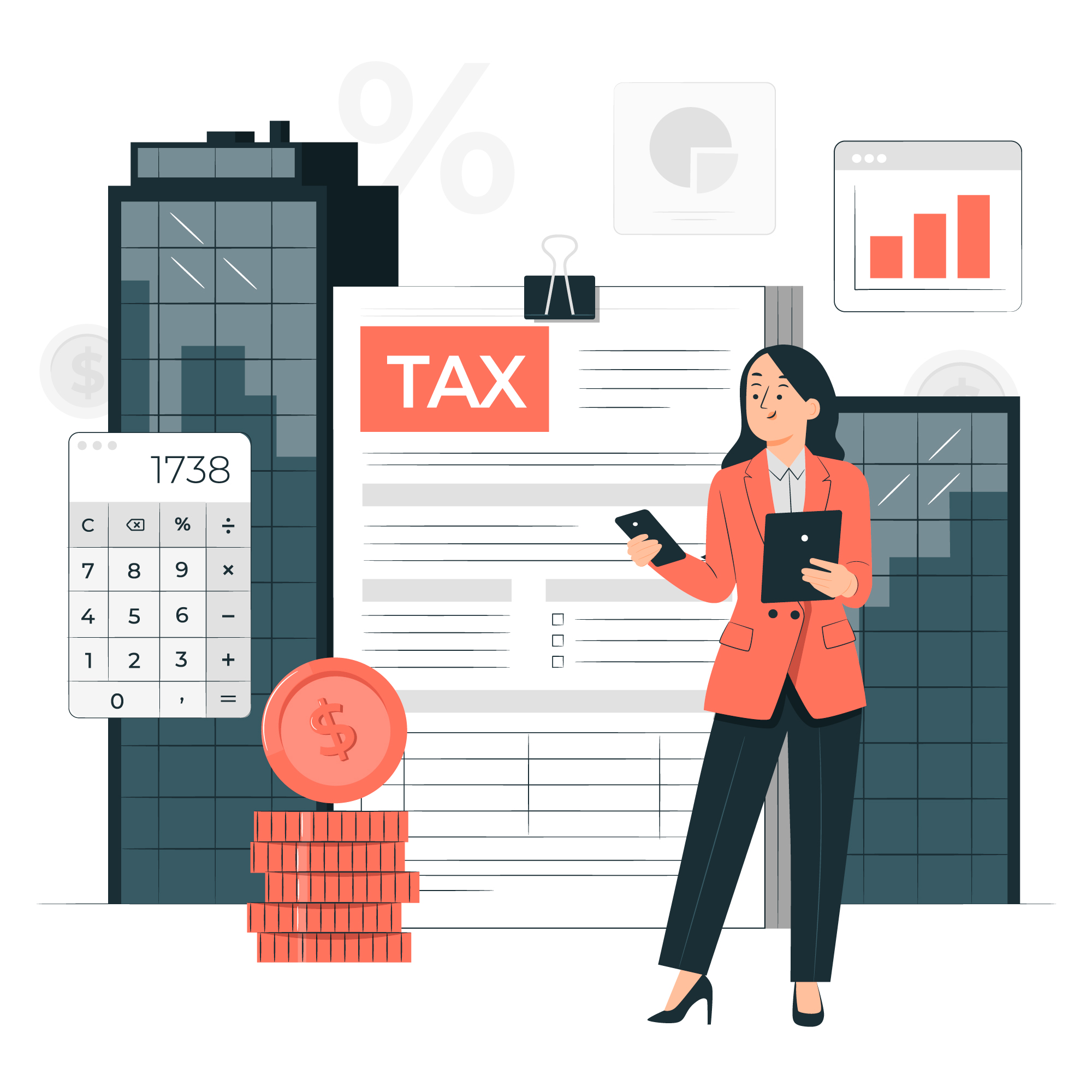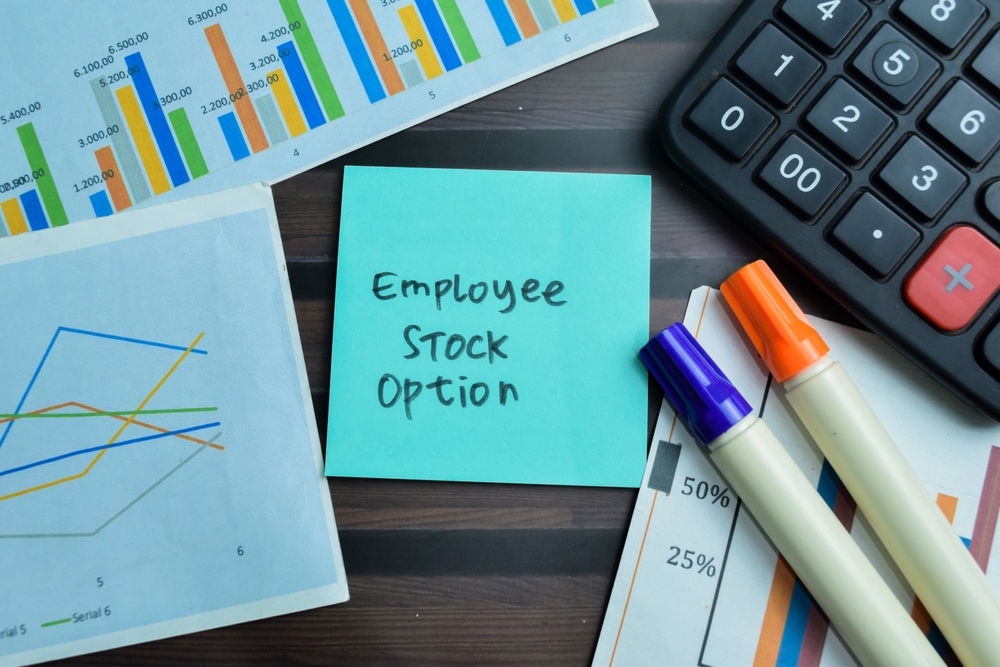Transcript:
Adam Stannett:
Hi, guys, Adam and Jenny here from Westcourt. Today, we’re going to be talking about the tax obligations of the building construction industry.
Jenny Dutosme:
Basically, there are two very common things in the building industry. It’s either you get hired as an employee or hired as a contractor. Now, there are very many differences, I guess, between an employee and a contractor. So, one of the biggest thing is if you are an employee, then you wouldn’t have to worry about getting your taxes, as in your pay as you go withholding, sorted or your super as well. The company will take care of that for you. However, if you’re a contractor, in most cases, you will need to make sure that you do meet those tax obligations such as the pay as you go withholding or, I guess, make sure that you do allocate funds for that come tax time.
Adam Stannett:
Yeah. So just leading on from that, contract is obviously you don’t get the super either. So, you have to pay into super yourself. As Jenny was mentioning, if you are a contractor, there’s a bit more to do. So, you’ll fall under. Basically, you’ll need to start lodging BAS. So if you’re turning over 70,000 or 75,000 or more, then you’re going to need to register for GST, charged GST on your invoices. Part of that, you’ll start paying your tax by installments, which replaces your withholding that the employer would normally do. They basically need relaunch, depending on your turnover by the every three months or once a month.
Adam Stannett:
A real good tool to check if you are a contractor or an employee is just head to the ATO’s website. They’ve got a nice little decision tool there. But, the gist of it is basically if you’re only working for one person majority of the time, they set your hours, pretty much you are realistically an employee. They don’t want to treat you as one. You can get them to pay super and then that should be okay. But, it doesn’t have to go on the books as well.
Adam Stannett:
Yeah, another one that the building construction entry has to do that most people don’t, it’s starting to expand now, is the Taxable Annual Payment Report. Basically, what that is, is you have to summarize all the contractors you paid for the year, provide their name, ABN, and the amount that you’ve paid them throughout the year. This needs to be lodged every single year. If you pay contractors yourself, then basically that needs to be lodged by the 28th of August every year. It’s basically to help stop the black economy as they say.
Jenny Dutosme:
From what Adam said, it’s very important to lodge those annual report. That just makes sure that the ATO knows which companies or industries are actually meeting their obligations towards their contractors. It also aims to level the playing field, so again, preventing dishonest operators from getting an advantage.
Adam Stannett:
Basically, the TPAR stops cash payments from happening. The ATO has released guidance from July ’19. Basically, if you’re not being provided with a texted voice with a valid ABN when you make a cash payment, those payments will no longer be deductible for your tax. So, it’s definitely your best interest to make sure when you are paying an invoice for a contractor, do a quick ABN search on them, just look up ABN, look up on Google, type in their ABN. And then, it will tell you if it’s valid or not because it does need to be valid. The whole reason you need to do that is because a couple of years ago, quite a few tradies were actually putting Bunnings Warehouse ABNs down on their invoices. So, it was a true bit of spatter in the works there for the ATO and they were getting all these TPARs coming through. All of a sudden, Bunnings was apparently invoicing college people.
Jenny Dutosme:
So yeah, just going back to making sure you meet your tax obligations, obviously there are penalties and charges that will be applied if you do not comply. Some of those penalties are the pay as you go withholding penalty for failing to deduct, or one of the biggest ones is the super guarantee charge image. Companies or contractors are required to, I guess, contribute to super and those have to be paid by a certain date. So if there are any shortfalls, there will be interest charges on those shortfalls. There’s also admin fees and additional super guarantee charge of up to 200% of the amount. Very important to make sure that your payments made for that super guarantee.
Adam Stannett:
That comes back to whether you’re an employee or a contractor. So definitely, if in doubt, ask your advisor to have a look at it for you. They can provide some guidance on whether someone is a contractor or not. Basically, as we like to say here, if it walks like a duck, talks like a duck, it’s a duck. So for all intensive purposes, if a contractor is wearing your gear, you’re setting their house, they go into sites that you tell them to, they’re realistically going to be an employee. So, you’ll pay to actually withhold all the relevant employee obligations there.
Adam Stannett:
You need to lodge your tax returns as well. So, that’s depending on how you operate. If you’re in a company, you will probably prepare financials as well. So, you still need to do tax returns depending on your size. If you use a tax agent, which you should be, you get concessional lodgement dates. So if you’re just a small, little sole trader, chances are very high, you’re not going to actually need to lodge until May the next year. However, obviously, you can get it done a bit earlier if you’re going to have a tax refund as well.
Jenny Dutosme:
I think we’ve covered it all.






